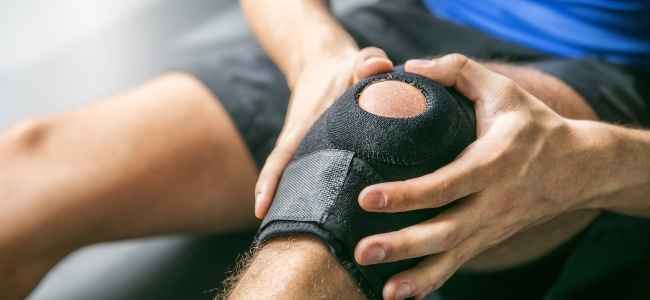We all know the benefits of sports on our health and wellbeing. However, sports require rigorous training, increased flexibility, body strain, and intense exercise, which all carry some risk of injury. Pushing your body past its natural limits could do some serious harm and potentially cause severe body impairment. Princeton sports medicine specialists can help you maintain your health and treat your athletic injuries so you can keep doing what you love.
What Are Some of the Common Sports Injuries Treated Through Sports Medicine?
Since most sporting activities involve repeated movement, exertion of pressure on joints and bones, and sudden movements, you will likely suffer from some conditions more than others. Some of the most common sports injuries include plantar fasciitis, where the tissue extending from your heel to the toes stretches or suffers damage causing pain and swelling at the bottom of your foot.
Other common sports injuries include:
- Pulled hamstrings resulting from excessive running or jumping, which overextends the muscles at the back of the thigh.
- Achilles tendonitis mainly affects runners. This injury causes the Achilles muscles adjoining the calf with your heel to swell and become uncomfortable.
- Concussions. A concussion is a traumatic head injury that can cause damage to the protective gel and fluid around your brain, causing temporary impairment of cognitive function and fatigue. You may suffer a concussion if you participate in high-impact sports such as rugby, football, and soccer. If untreated, a concussion can result in a fatality, so you should seek immediate medication if you experience an impact on the head during sports.
- Ankle sprains develop due to a stretch or rupture in your ankle ligaments resulting in discomfort and limited range of mobility. You can suffer an ankle sprain if you take part in a sport that requires repetitive foot movements.
- Shoulder injuries commonly affect people taking part in sports that involve hitting or throwing, like tennis and baseball. They can result in torn ligaments or inflamed joints and primarily affect the rotator cuff tendons in your shoulder.
- Torn ACL affects the anterior cruciate ligament, which helps your knee move as needed. ACL injuries mainly result from rapid twists and overuse and can limit your ability to move your leg. You may need up to nine months to completely recover from a torn ACL.
What Does a Sports Medicine Professional Do?
Pain Management
The injuries resulting from sports activities can cause pain, making it difficult for you to get through a typical day. While a sports medicine specialist will always prioritize the treatment and complete healing of the injury, they can also help you manage the pain, tenderness, and discomfort associated with sports injuries through different pain management therapies like electrical stimulation, prescription medications, and injected medications.
Physical Therapy
A sports medicine practitioner will recommend physical therapy to help you manage pain and treat your injuries. It also helps improve your physical capabilities. You may need to work with them for a few months to heal from your injury and improve your fitness level gradually.
To summarize, sports medicine plays an essential role in the life of an athlete. Sports medicine specialists treat different kinds of sports injuries. They also help manage pain resulting from sports injuries and recommend physical therapy to help improve your fitness levels and recover from injury.


